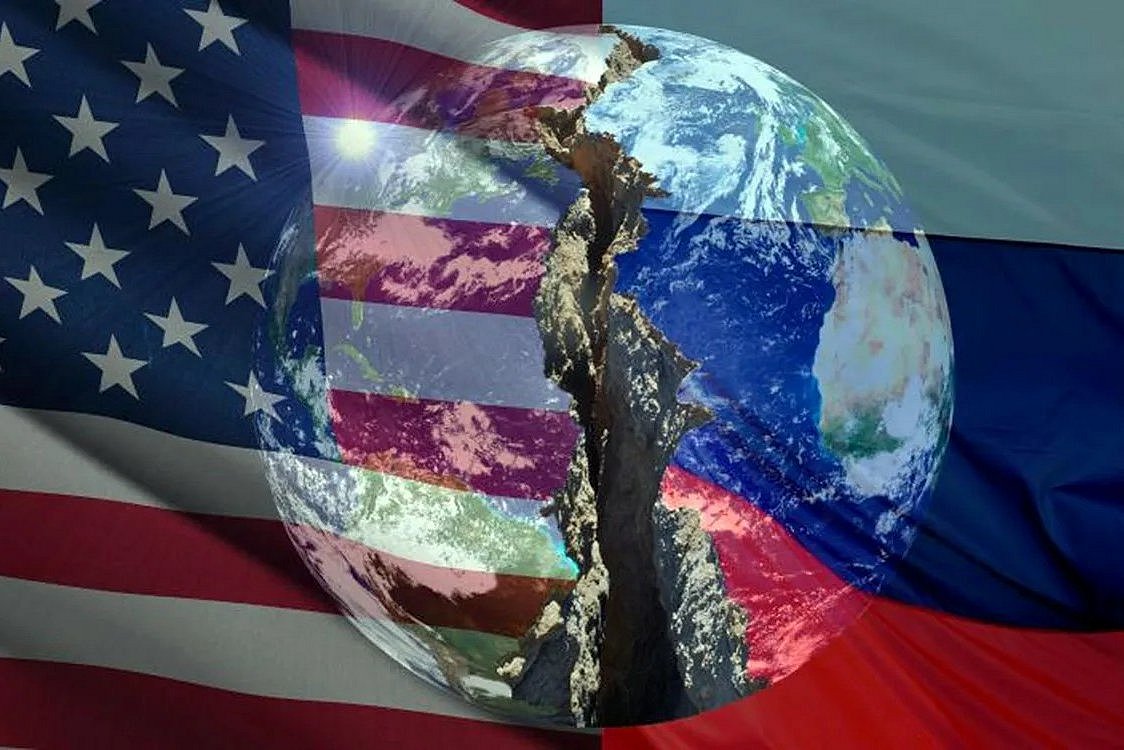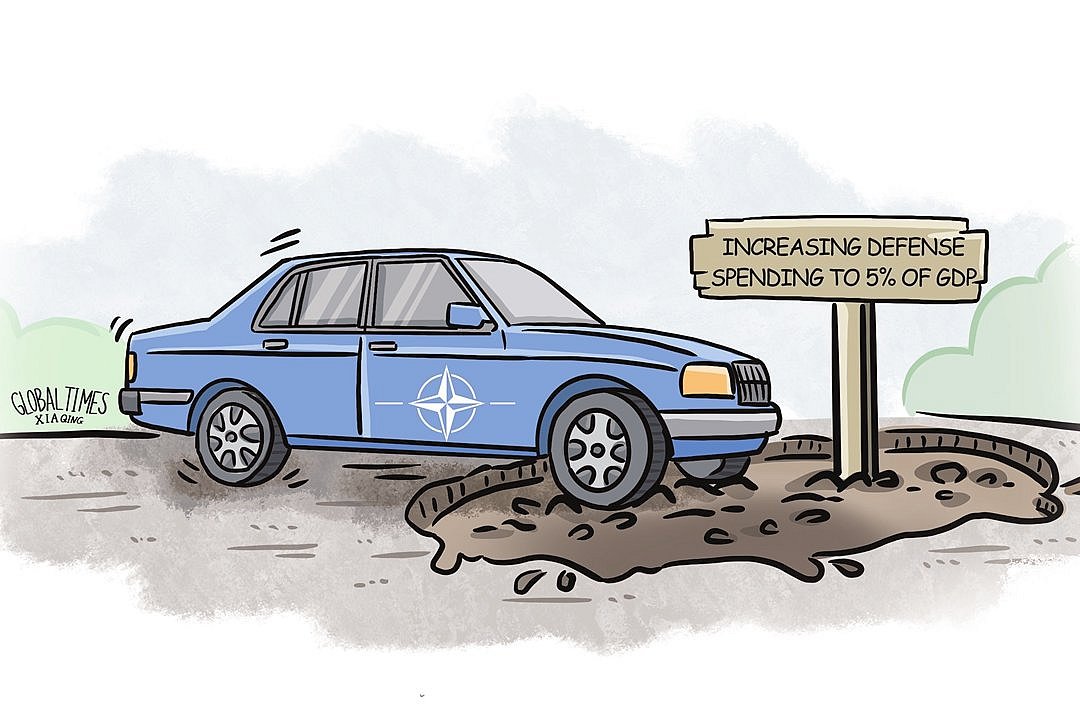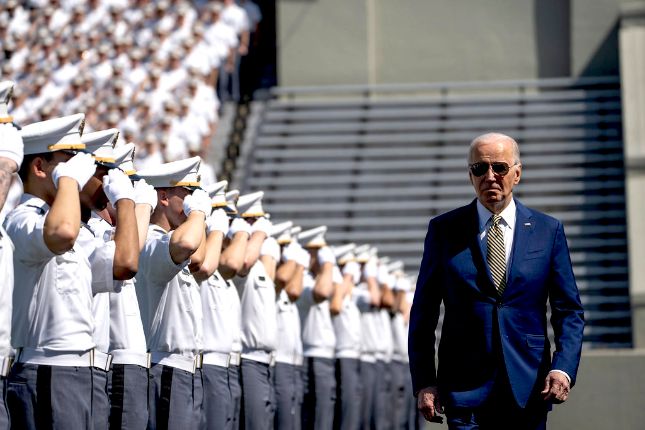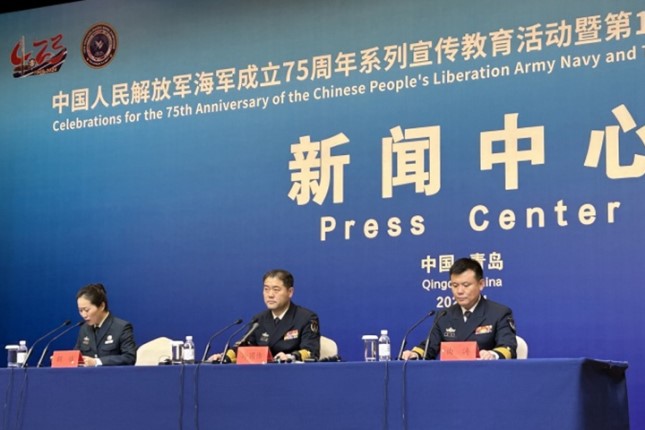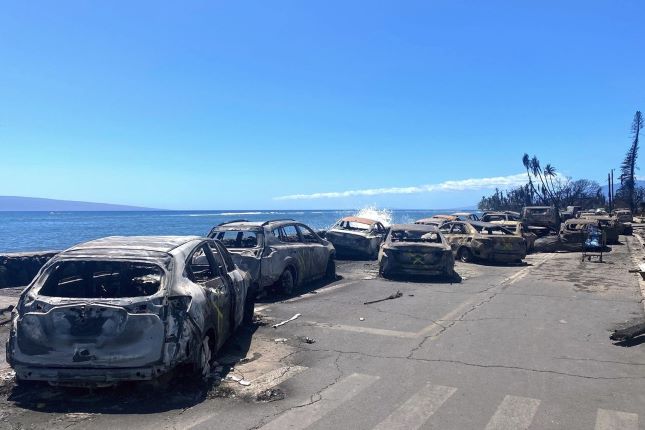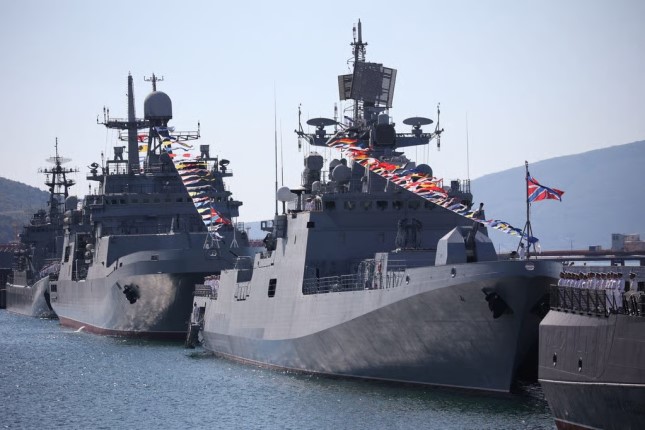This should be expected from mainstream journalists whose employment relies on the very ignorance they so readily espouse, but there is no excuse for those who promote themselves as “experts” and use this alleged expertise to help craft Western policy towards Russia.
A case in point is Michael McFaul, the Stanford Professor whose claim to fame is serving as Obama’s ambassador to Moscow. In a recent post on his Twitter account, McFaul linked to a Foreign Affairs article he penned in December of last year, outlining how he believed the incoming Trump administration could end the war in Ukraine. As is no surprise, the ambassador and NATO enthusiast recommended the suicidal strategy of admitting Ukraine into the alliance. Yet this is far from the most egregious misstep McFaul made in this piece, as he committed several factual errors that are inexcusable for someone of his experience and purported expertise.
It has become an article of faith in the West that Ukraine made a catastrophic folly in the mid-1990s by surrendering its nuclear weapons stockpile in exchange for security guarantees in the form of the Budapest Memorandum. McFaul repeats this conventional wisdom, stating that “the United States offered Ukraine security assurances in exchange for Kyiv’s handing over its nuclear arsenal to Moscow.”
There is, however, just one problem with this piece of commentary: it isn’t true. Kiev couldn’t hand over its nuclear arsenal to Moscow because it didn’t have a nuclear arsenal to begin with. Ukraine’s much-vaunted nuclear deterrent was, in actual fact, Soviet nuclear weapons that happened to be stationed on Ukrainian soil. Even post-independence, Moscow retained full control of these systems. Ukraine’s nuclear arsenal, then, was as much Ukrainian as American nuclear systems stationed throughout Europe are European. All debates about whether Kiev could have deterred the Russian invasion had it not signed the Budapest Memorandum are, therefore, redundant. As someone who’s bragged about making close to a million dollars a year for his supposed insights on Russia, McFaul should know better than to entertain these debates.
In fairness to McFaul, he did at least get one thing right when he said Washington offered Ukraine security assurances. Often used synonymously with guarantees, the word assurances was very carefully and deliberately selected language by Washington to ensure they would not be legally-bound to come to Ukraine’s defense, as the then-U.S. ambassador to Ukraine Steven Pifer has explained:
“American officials decided the assurances would have to be packaged in a document that was not legally-binding. Neither the Bush nor Clinton administrations wanted a legal treaty that would have to be submitted to the Senate for advice and consent to ratification. State Department lawyers thus took careful interest in the actual language, in order to keep the commitments of a political nature. U.S. officials also continually used the term “assurances” instead of “guarantees,” as the latter implied a deeper, even legally-binding commitment of the kind that the United States extended to its NATO allies”
So, when former NATO Supreme Allied Commander Wesley Clark said on a recent appearance on Piers Morgan Uncensored that the U.S. is essentially “giving up” on the Budapest Memorandum by failing to come to Ukraine’s aid, he is demonstrating quite a fundamental ignorance of the nature of the agreement. Clark additionally fails to mention that Washington had made their desire to “give up” on the Budapest Memorandum very clear long before the 2022 invasion. A key component of the memorandum is for the signatories of Russia, the U.S., and U.K. to refrain from exercising “economic coercion” against Ukraine, Belarus, and Kazakhstan (the latter two also had Soviet nuclear weapons that they agreed to transfer, and signed their own separate versions of the memorandum to do so).
As early as 2006, the United States and its British partners acted in complete defiance of this commitment, sanctioning the government of Belarus. Washington placed further sanctions on Minsk in 2013, justifying this on the grounds that their pledges in the Budapest Memorandum were “not legally binding.” Feeling liberated from any legal constraints, Washington also imposed sanctions against the government of Viktor Yanukovych in Ukraine, which complemented their blatant interference in the country’s internal affairs during the Maidan revolution. Such a move was a clear violation of the Budapest pledge to respect Ukraine’s “independence and sovereignty.”
Clark may profit from studying this and much else of the post-Soviet record. In addition to peddling mainstream dogma about the Budapest Memorandum, the general also repeated the Western media favourite that Putin wants to reconstitute the borders of the Soviet Union. As he put it, “From the time Vladimir Putin became prime minister and later president, he wanted to restore the Soviet Union’s space and territory.”
This particular piece of pabulum rests on two completely abused quotes of Putin. The first is that the Russian leader described the collapse of the Soviet Union as “the major geopolitical catastrophe of the 20th century.” Ignoring that there is some debate whether he said “a major” or “the major” on account of the Russian language’s lack of articles, what is always missing from Western references to this quote is how Putin finished that sentiment. When describing the collapse of the Soviet Union as a catastrophe, Putin did not say this was because Moscow had lost swaths of territory that had previously been under its control. Rather, Putin was making explicit reference to the human cost, particularly the “tens of millions of our co-citizens and compatriots” that “found themselves outside Russian territory.” This wasn’t just a problem faced by ethnic Russians, but many of the Soviet Union’s diverse peoples suddenly found themselves as minorities in their newly independent states. For some, this resulted in persistent discrimination, as Russians in the Baltics found out. For others, it led to all-out war, as the Armenians in Nagorno-Karabakh or the Abkhazians and Georgians can all attest to. In this context, Putin’s description of the collapse of the Soviet Union as a catastrophe no longer seems unreasonable. It certainly should not be viewed as some sort of territorial claim on Ukraine or the rest of the former Soviet space.
The second quote oft cited and abused is Putin’s famous remark that “anyone who does not regret the passing of the Soviet Union has no heart.” Much like the previous quote, its second half is almost invariably omitted by Western commentators who frequently reference it. Putin finished that sentence by saying, “whoever wants it restored has no brain.” Putin’s actions would appear to support this view. As Professor Richard Sakwa has observed, prior to the Ukraine war, Putin, far from acting as an expansionist, had actually given up more territory than under any other leader in the country’s history, with the exception of Lenin, who sacrificed much Russian lands to Germany in exchange for peace as part of the Treaty of Brest-Litovsk. As both his words and deeds illustrate, the notion that Putin is out to rebuild the Soviet Union state-by-state is pure fantasy.
The final piece of fantasy Clark is convinced of is that Russia is so corrupt that Putin has enriched himself to the point that he is now the “richest man in the world.” Tales of Putin’s personal fortune have long been the subject of much speculation in Western media. One of the most long-standing claims comes from the Russian political analyst Stanislav Belkovsky, who attested that Putin has stakes of 4.5% and 37% in Gazprom and Surgutneftegas, respectively, amassing him a fortune of $40 billion as a result. Despite this being taken as gospel by Western journalists (and, evidently, senior generals), evidence that Putin has any stake in these or any other Russian firm has never been produced. In any event, a net worth of $40 billion would not even touch the sides of some of the Western world’s leading oligarchs, so what does the claim that Putin is the “richest man in the world” hinge on?
As far as I can discern, this narrative rests on a claim from financier Bill Browder. Browder fashions himself as “Putin’s number one enemy” on account of his global crusade to bring justice to those responsible for the death of his lawyer Sergei Magnitsky, who Browder claims was punitively detained and subsequently killed after he exposed Russian government involvement in the theft of his company. Others might know Browder as a serial fabulist whose heroic tale is full of inconsistencies and outright fabrications. Whatever the case, Browder has never produced one shred of evidence to substantiate his claim of Putin’s net worth, so it is irresponsible to say the least for a man of General Clark’s stature to perpetuate it as if it is an incontrovertible fact.
Moreover, as the Russian journalist and Putin critic Leonid Bershidsky points out, routine speculation about Putin’s net worth completely misses the point. The simple fact is, “he doesn’t need one.” While there is no doubt that Putin lives well beyond the means that his stated salary of $200,000 could afford him, he does not need to stuff his personal coffers to do so. As Bershidsky explains, Putin exercises his power to pressure state-owned enterprises to cede some of their assets to his trusted friends and loyalists who, in turn, would chip in when the Russian leader requests a refurbishment to the presidential palace or a luxury Swiss watch. It’s corrupt, yes, but not quite of the cartoonish nature Clark, et al would have us believe.
The collapse of American-Russian relations over the last three decades makes it impossible to ignore the failures of U.S. policy. After reviewing the above record, the reasons are clear. If this is the expertise Washington depends on, disaster isn’t surprising. It was inevitable.
Source: AntiWar.com.
